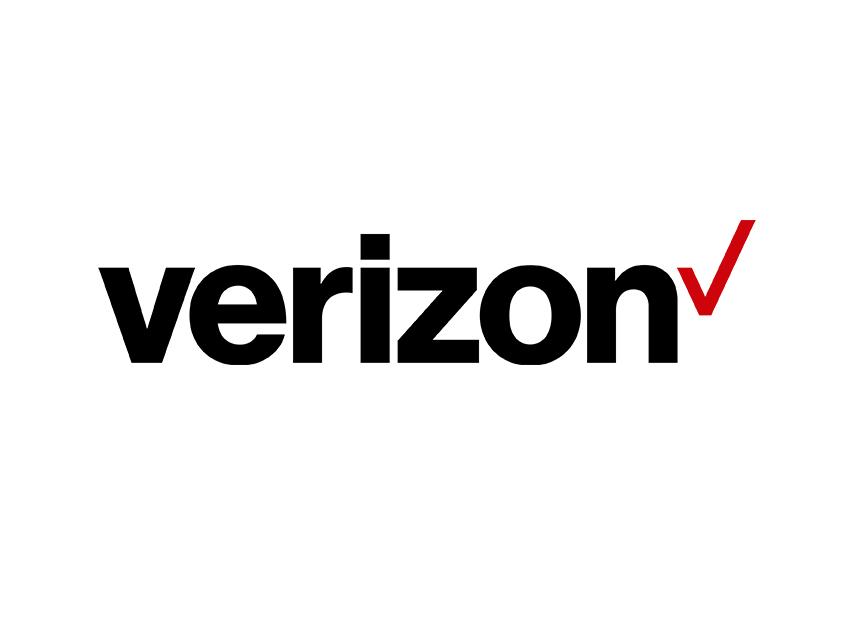By: Linda Vo
Most recently, the Federal Communications Commission (“FCC”) fined AT&T a record $100 million, the largest proposed fine in the agency’s history, “for allegedly deceiving millions of smartphone customers about unlimited wireless data plans.” Soon after signup, subscribers of unlimited data have found that they are unable to enjoy truly unlimited data access as wireless carriers have throttled their data speeds.
Data throttling is an industry practice where a wireless or broadband carrier decides to slow down the transmission of the Internet to its consumers when the network becomes congested. This practice occurs when customers who use “excessive” amounts of data have their data speeds suddenly slowed down at the carrier’s discretion for the remainder of the billing cycle. Carriers have placed speed limits on excessively used unlimited data plans, which reduces network connection from high-speed LTE to 2G, comparable to the speed of a dial-up modem. Telecommunications companies have employed data throttling as a business tactic to push the last few straggling grandfathered unlimited data customers over to one of its more profitable tiered data plans, which have set allowances of data.
In response to the heavy, regulatory crackdown on the telecommunications industry’s empty promise of servicing unlimited wireless data, Verizon has devised a new strategy to make good on that promise. Taking effect after November 15, 2015, Verizon is pioneering a solution to the industry’s grandfathered unlimited data plan problem by increasing the grandfathered price by $20, which will not affect business and government customers. In an interview last week, Chief Financial Officer Fran Shammo stated that preexisting customers will finally be able to access unlimited data without interruption: “For a customer who signed up for unlimited data, they’re going to get unlimited.”
As Verizon has discontinued to offer unlimited data since 2011, this solution comes all too late. Today, less than one-percent (1%) of Verizon customers have retained their grandfathered unlimited data plans. To attain customers over their competitors, the nation’s largest wireless carrier has deceived and manipulated consumers into subscribing to their seemingly appealing unlimited plans over a limited offer period. Once a loyal customer base was established, Verizon then continued to successfully implement business tactics to push grandfathered customers from their unlimited plan to a tiered offering.
Such unfair industry practices have also caught the attention of the Federal Trade Commission (“FTC”), which further protects consumers by holding these companies accountable. “Unlimited” means unlimited, and consumers have a reasonable expectation to data without any limitation to network access or speed. Unfortunately, Verizon’s recent step in the right direction has not only come too late but calls into question whether such course of action was deliberately delayed.
Bio: Linda is Content Editor of the Journal of High Technology Law. She is currently a 3L and Trustee Academic Scholar at Suffolk University Law School with a concentration in Business Law and Financial Services. She holds a B.A. in Political Science from the University of Connecticut.

